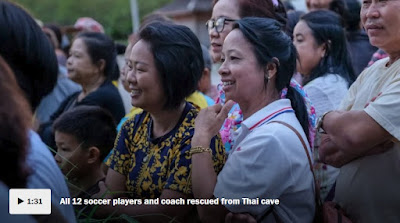Fear is really uncertainty about what the future holds.
Five themes emerged. The first is something called “inherent motivation.” Leaders who do well in crisis tend to be low motivators. They do not fire people up, they tend to calm people down. Dangerous places are inherently motivating — people are already spun up, so if you go in there and act like a cheerleader, they think you’re a fool.
The second was what we call an “outward orientation” or “learning orientation.” People used to being in dangerous places learn to focus on the environment — they’re not thinking about themselves. They're not focused on their own emotions. When you are task-focused, you’re activating a different part of your brain than the part where you experience fear and anger.
The number one variable — far and away — was competence. They want to know: Is that leader good enough to get us out of this fix? And the second thing they want to know is will that leader be loyal enough to take our concerns and considerations into account when he or she makes decisions? If those two things are established — competence and loyalty — they’ll trust that leader. Continue here....
-- Jena McGregor

